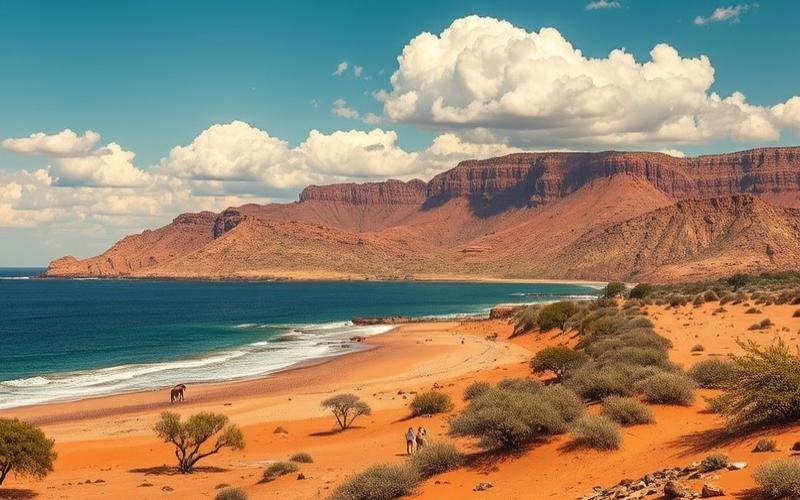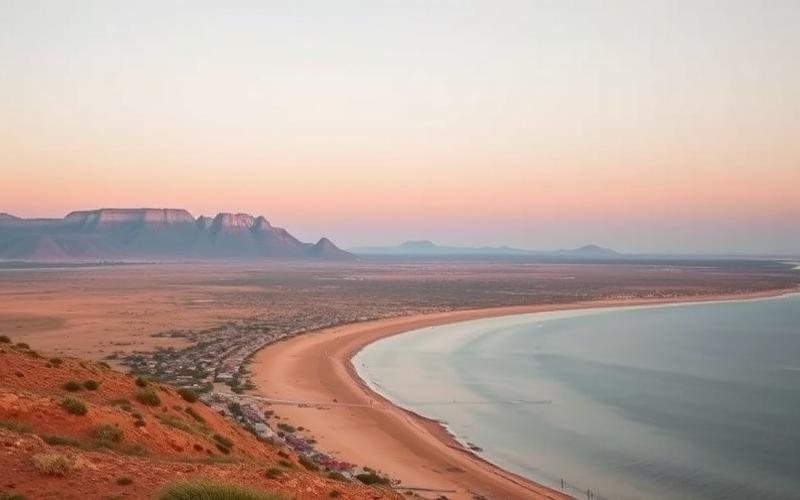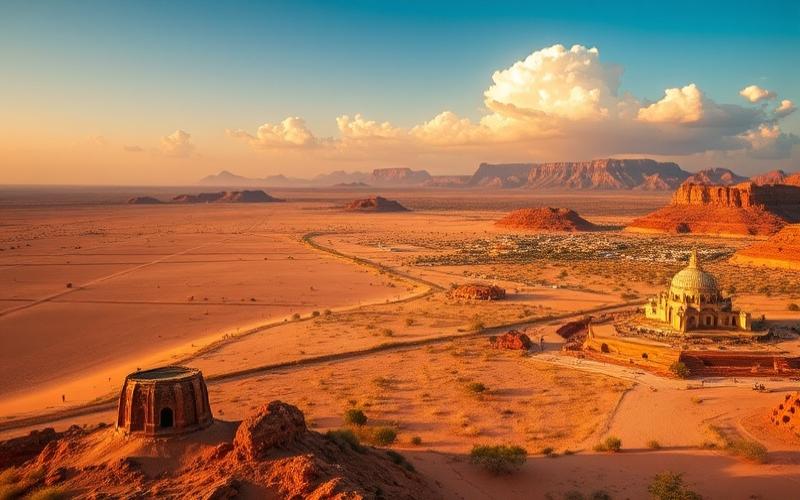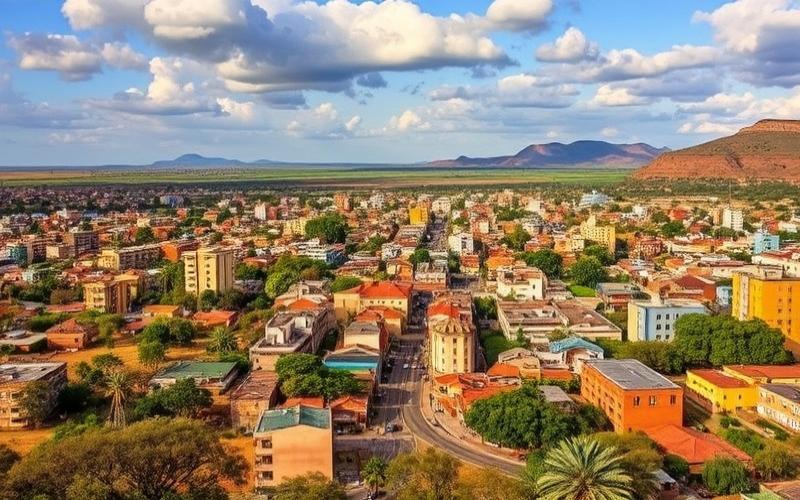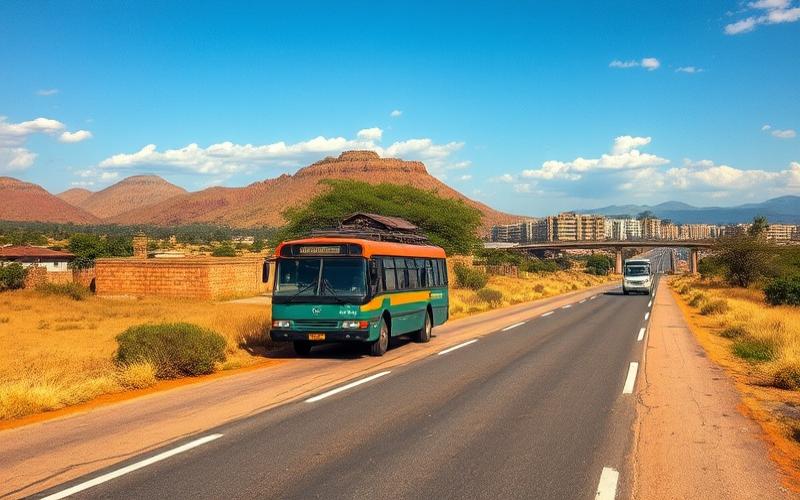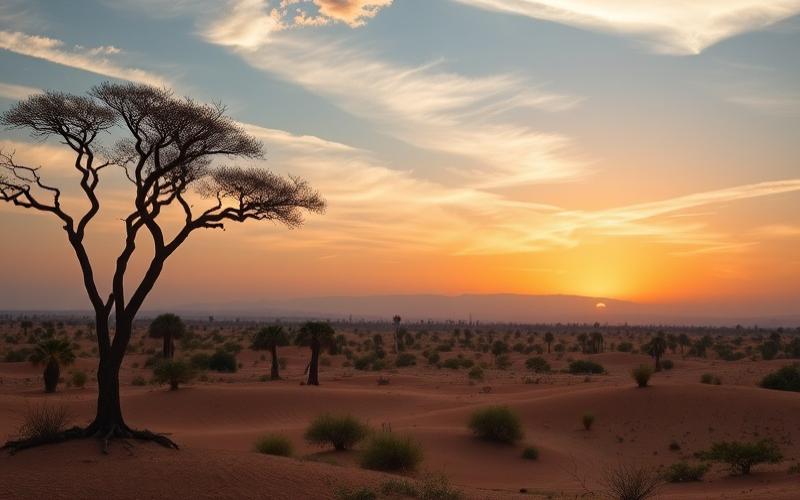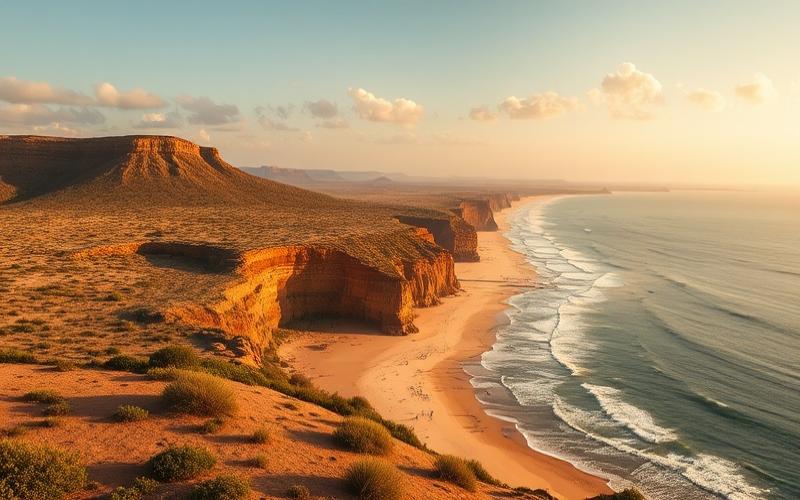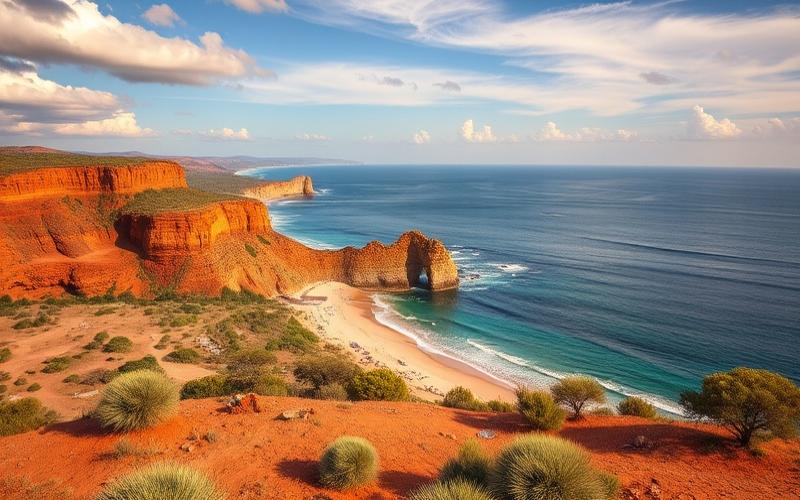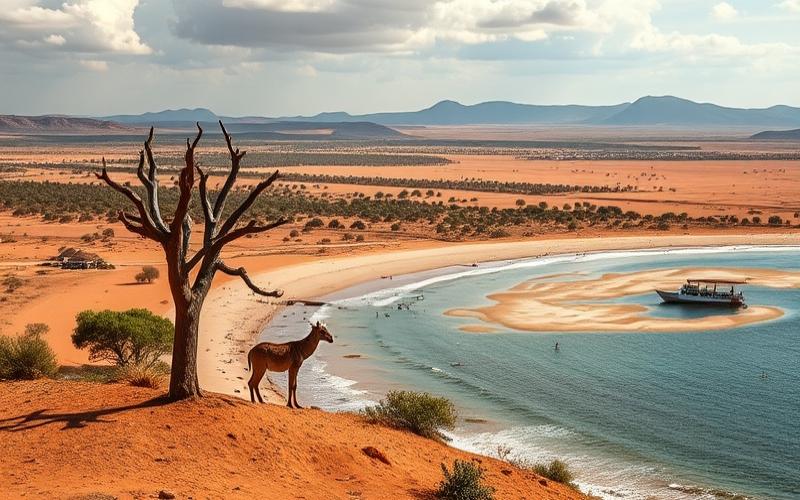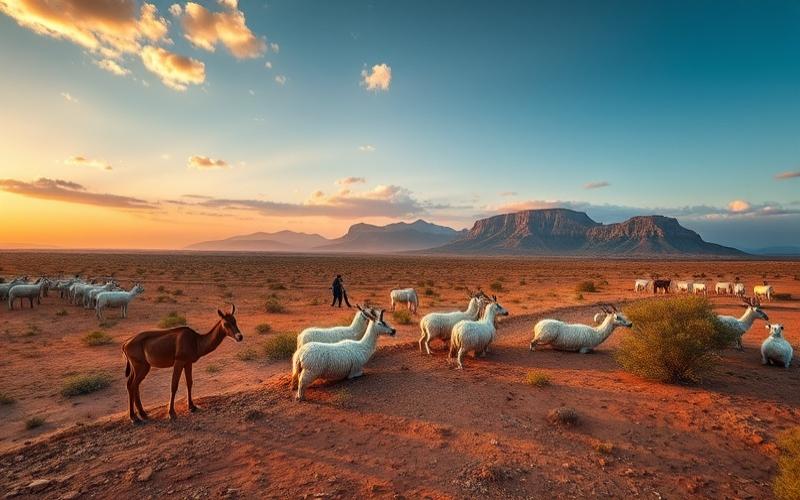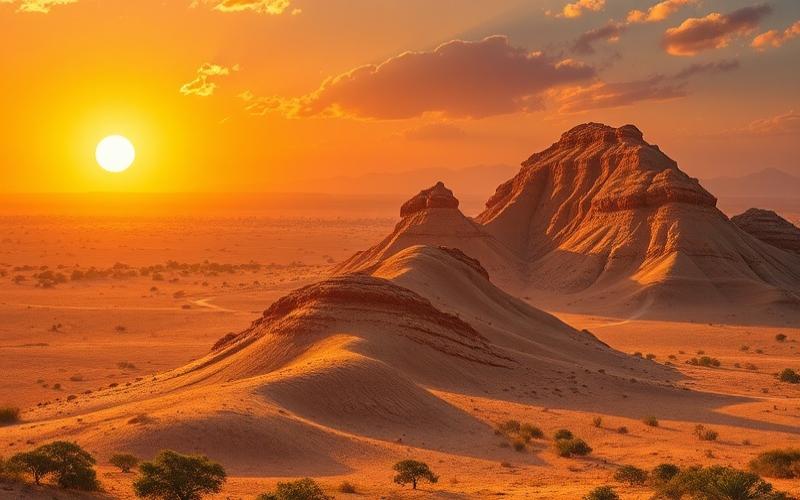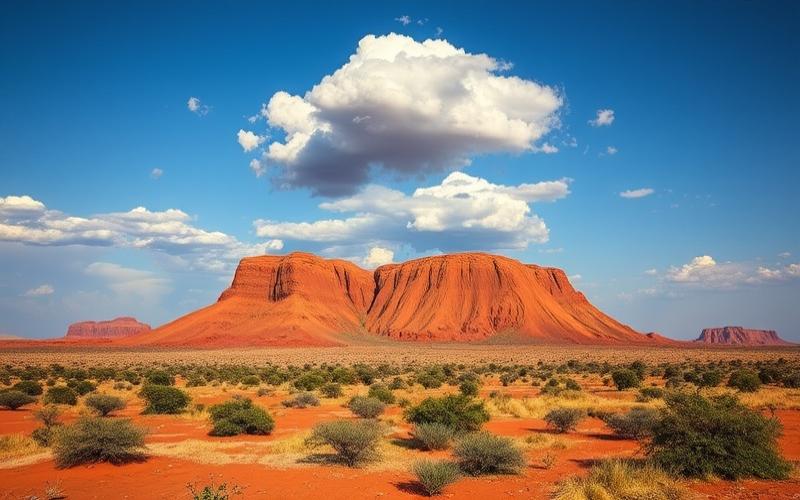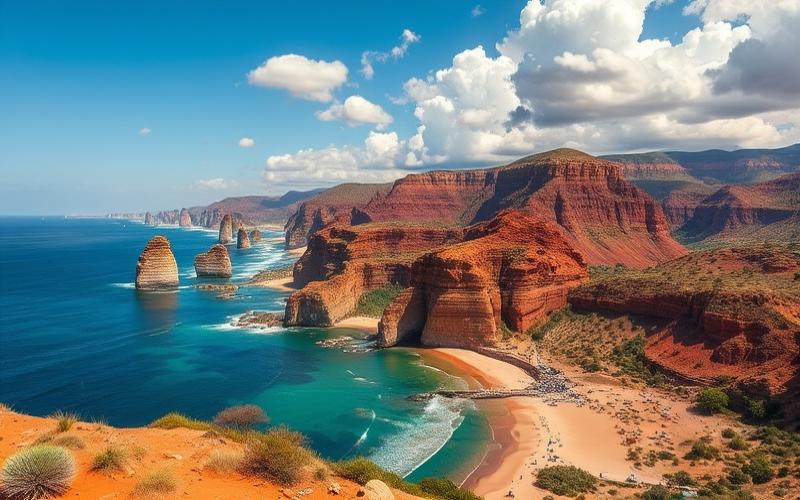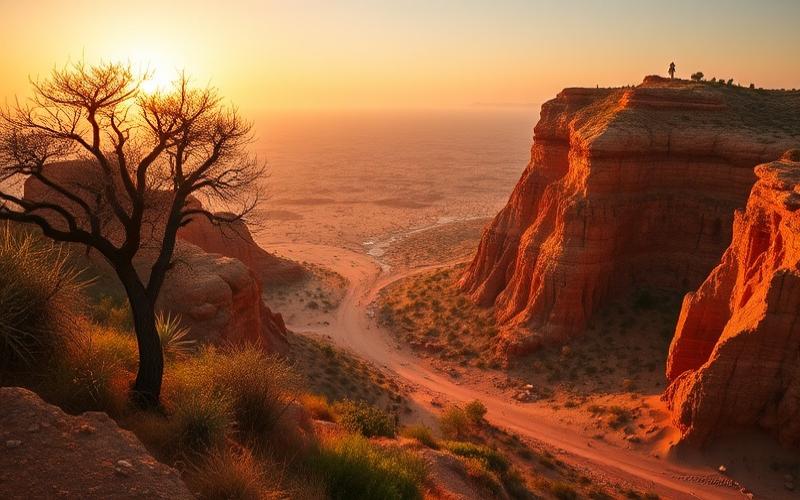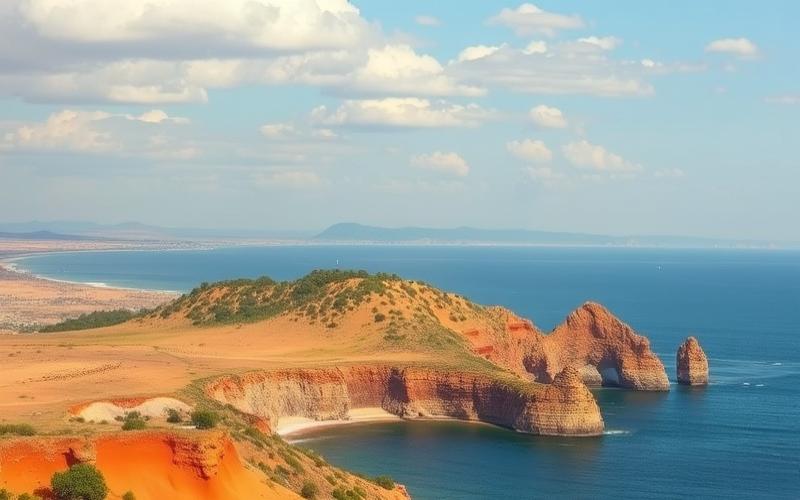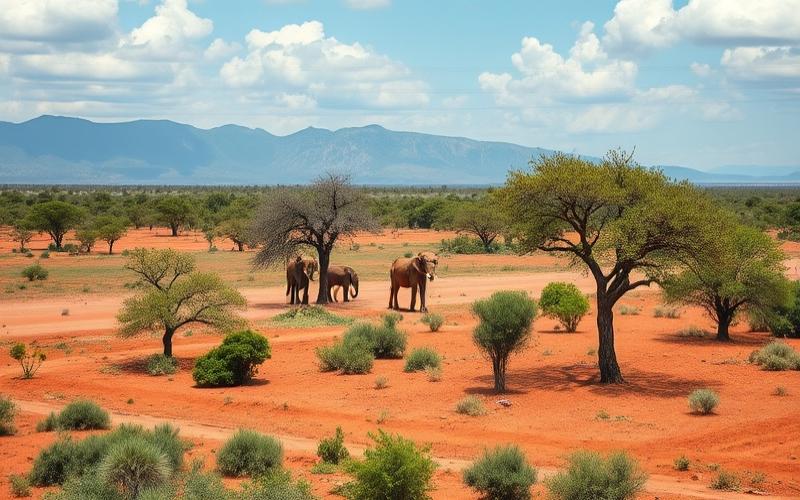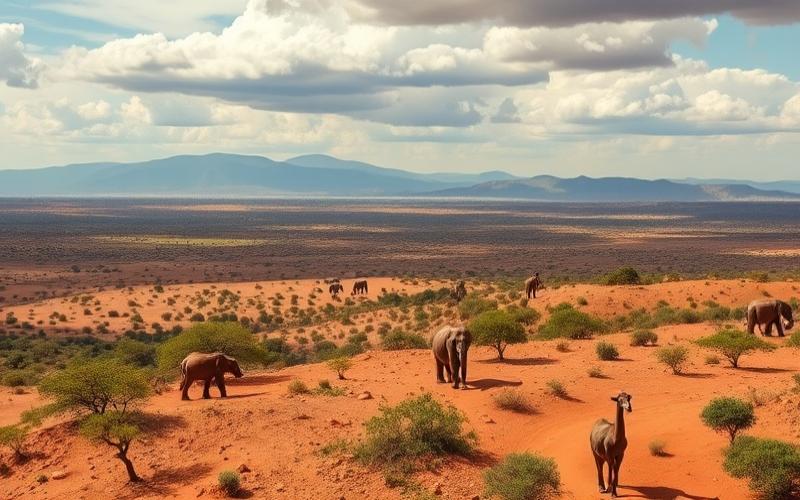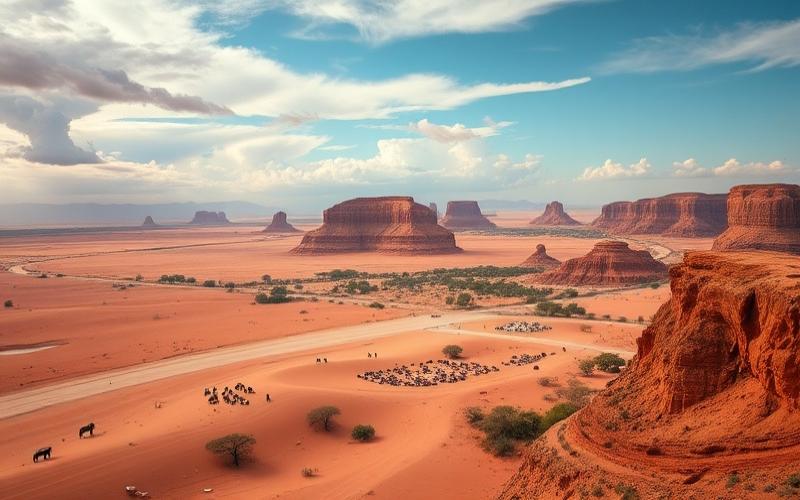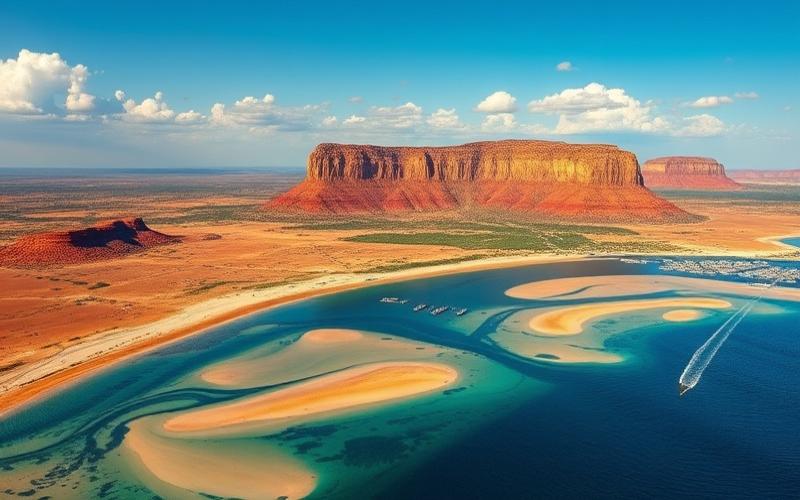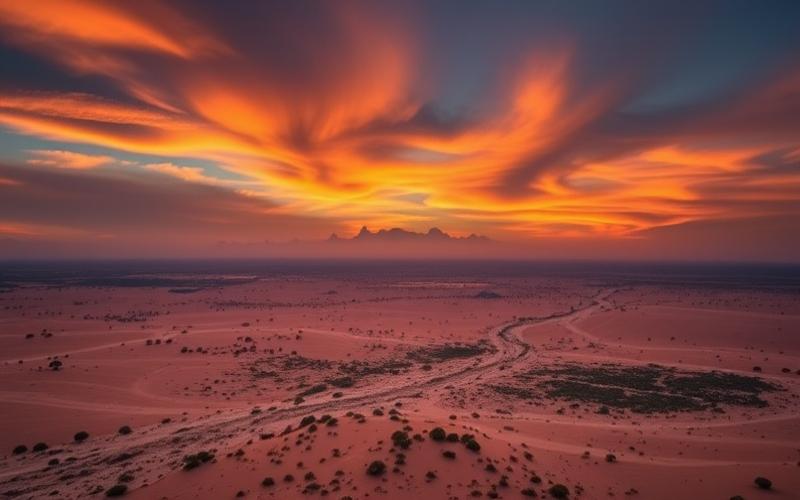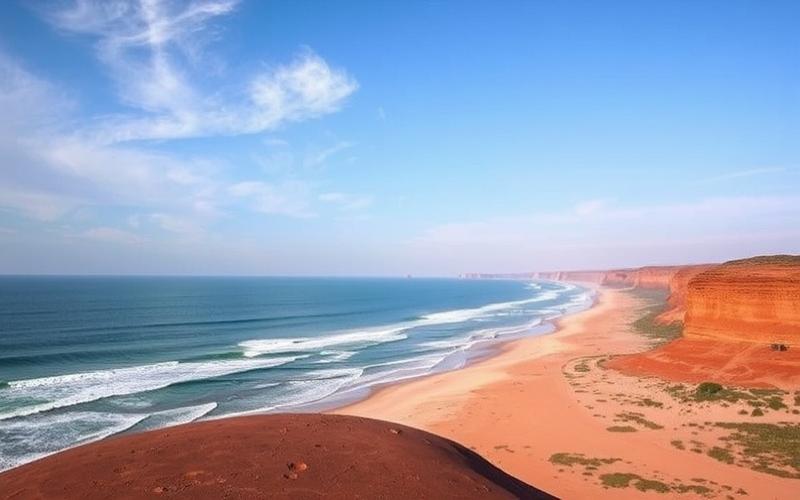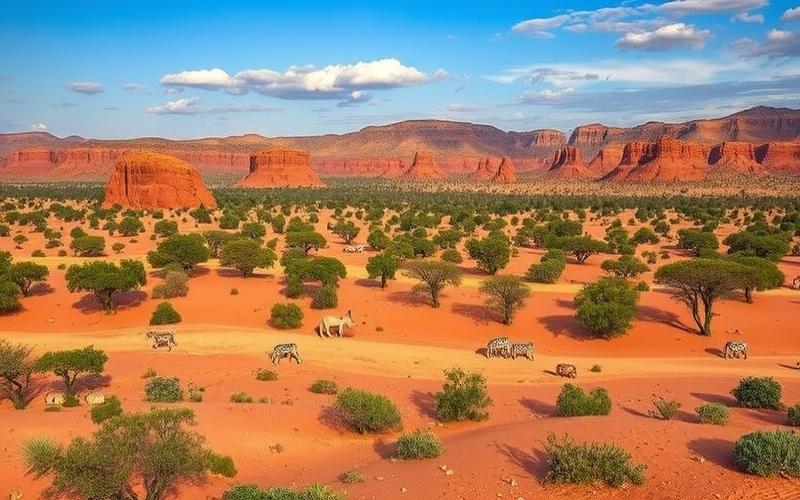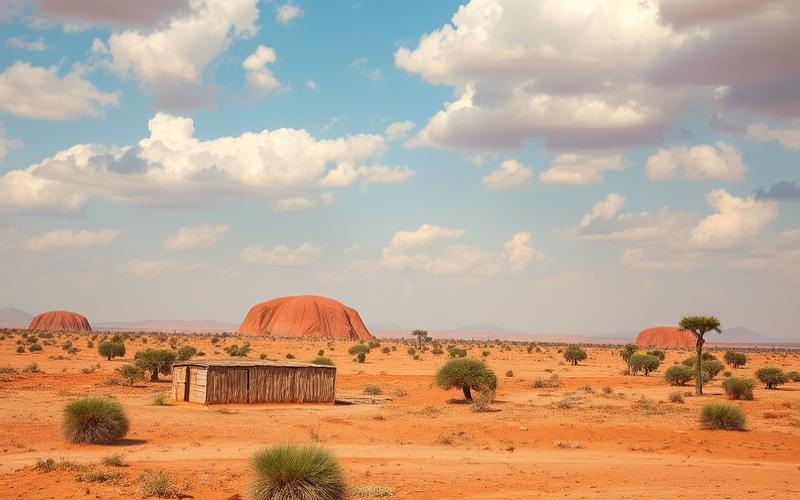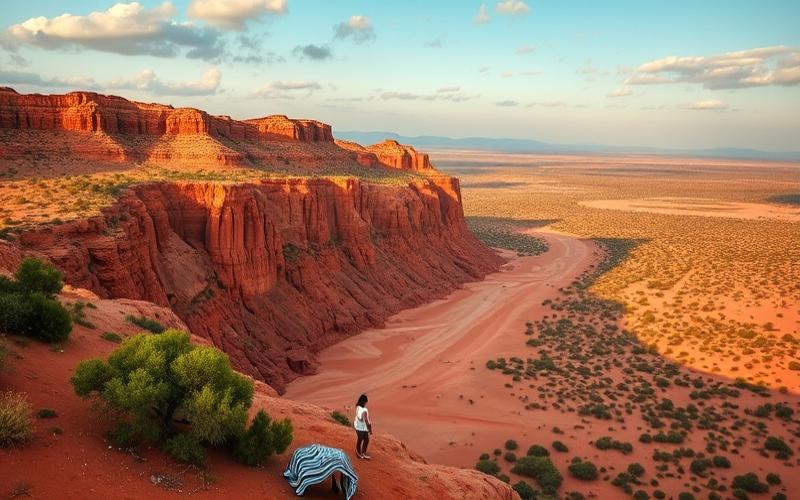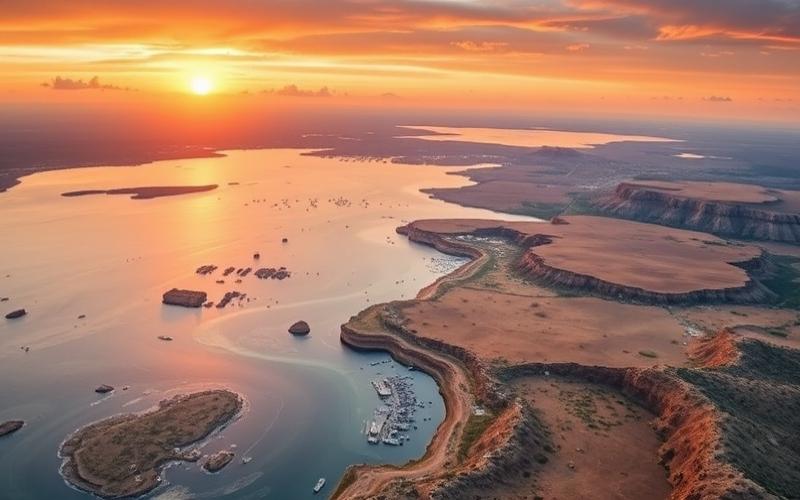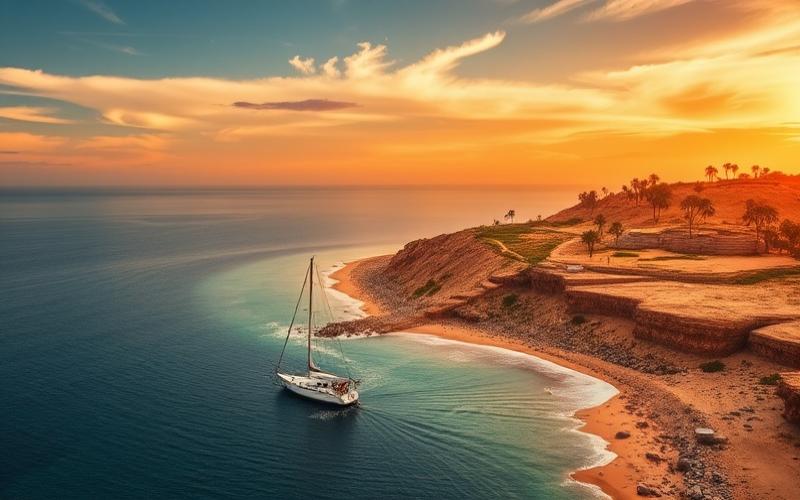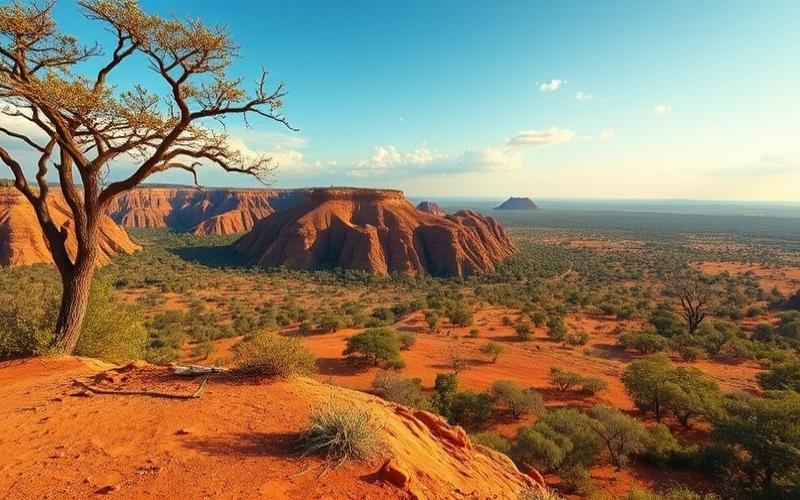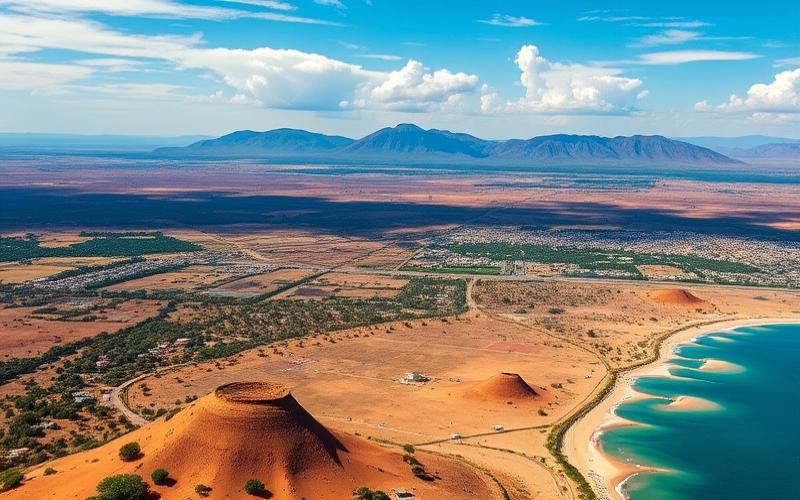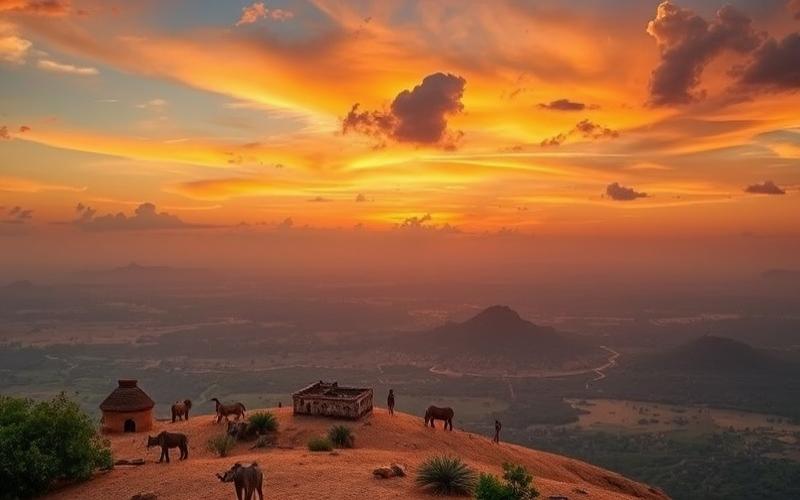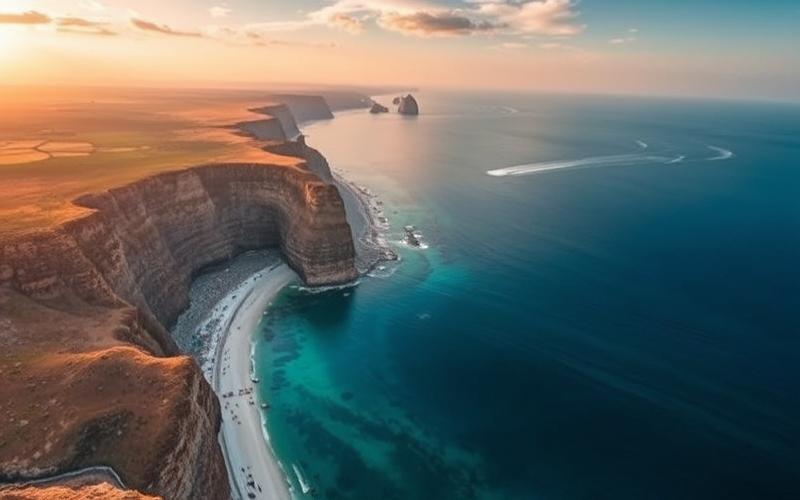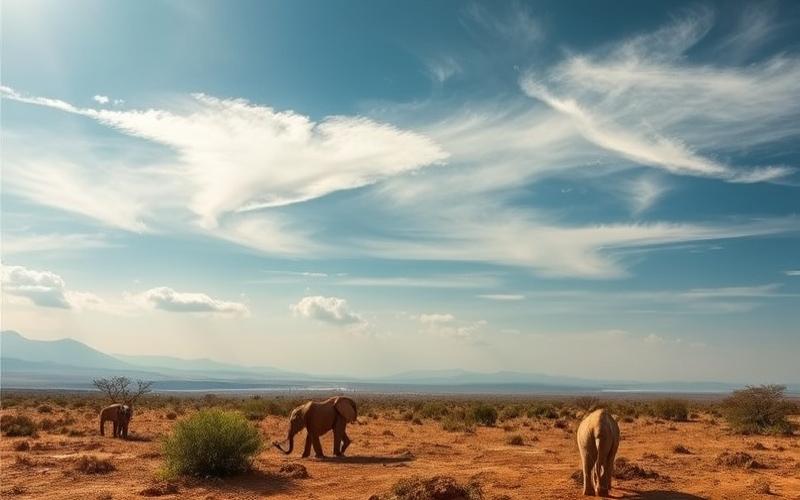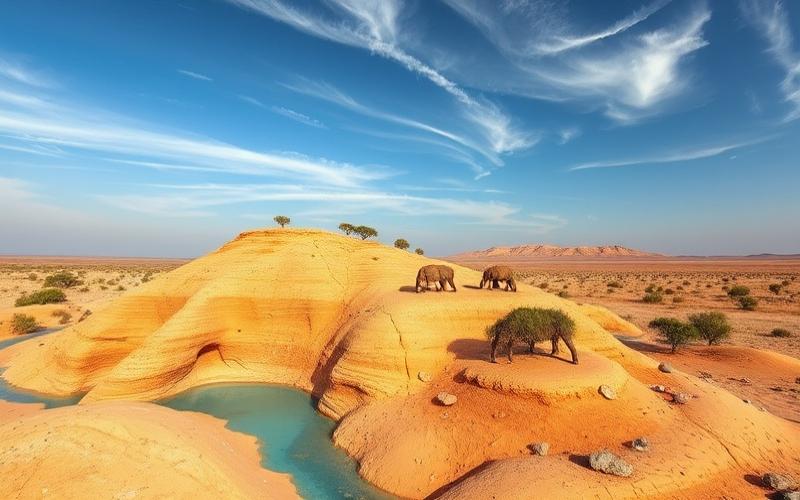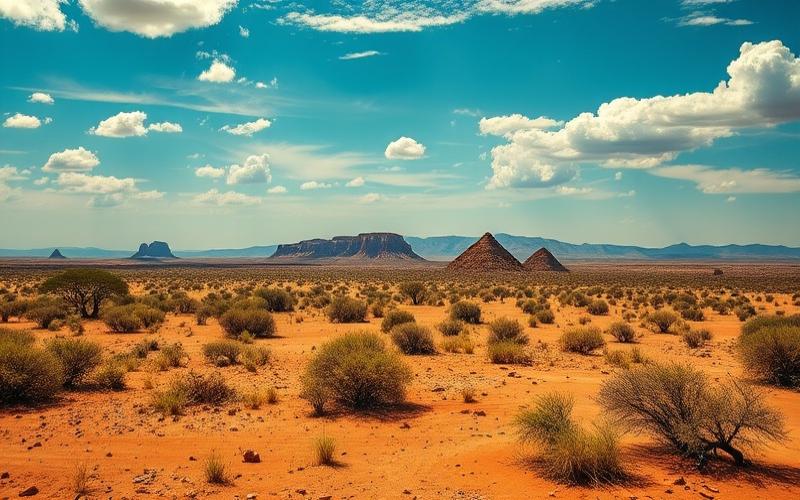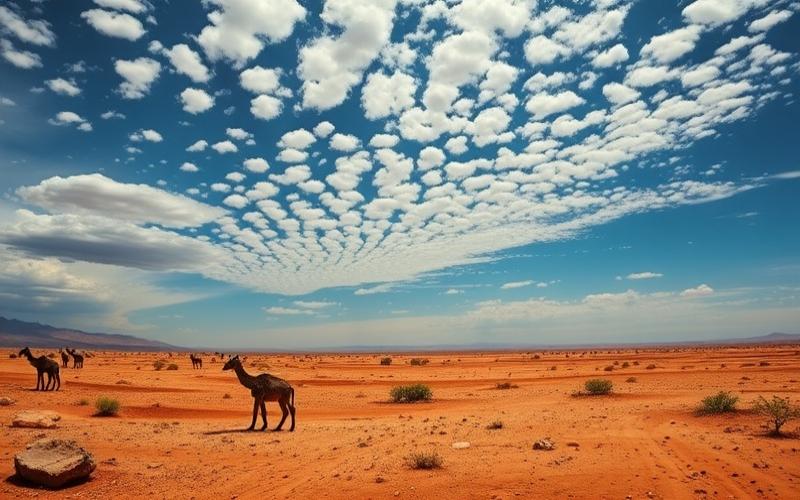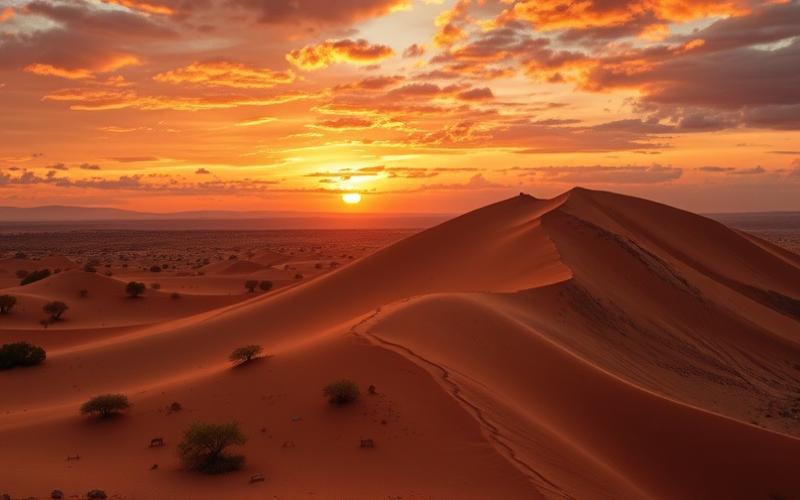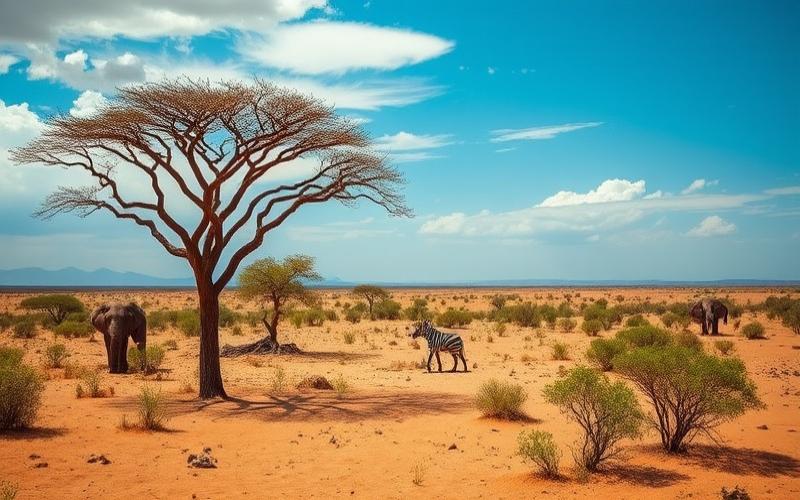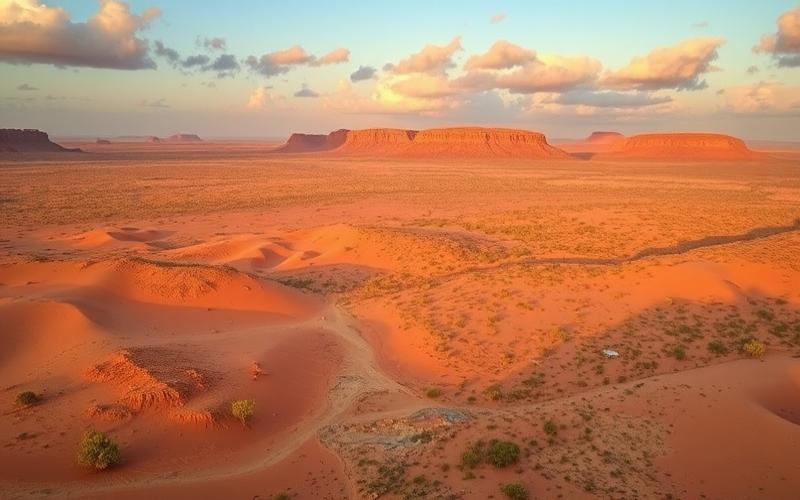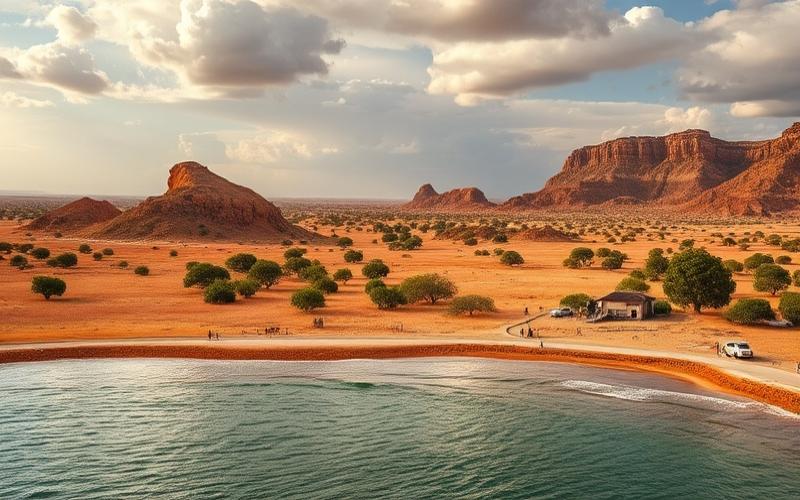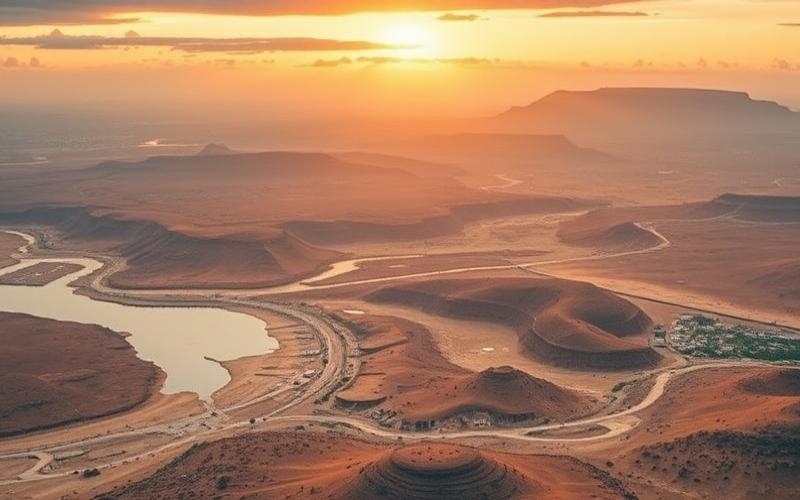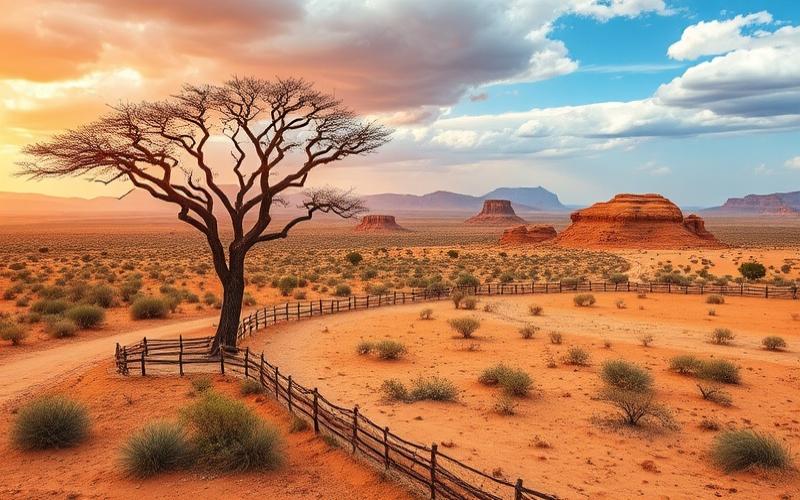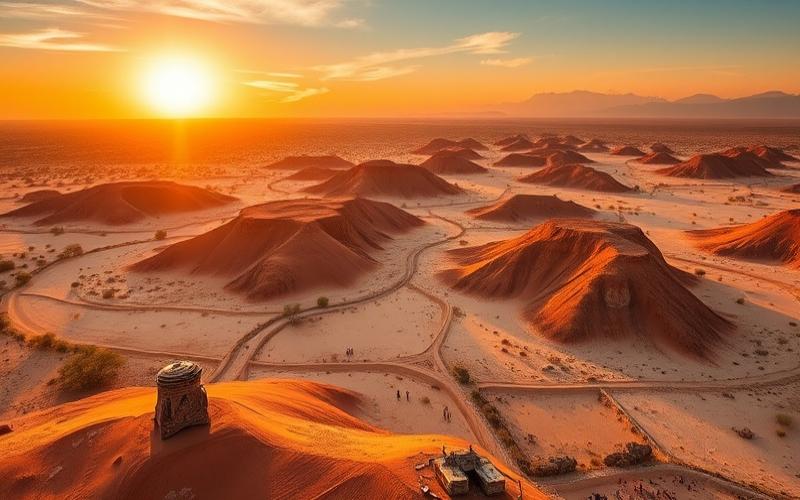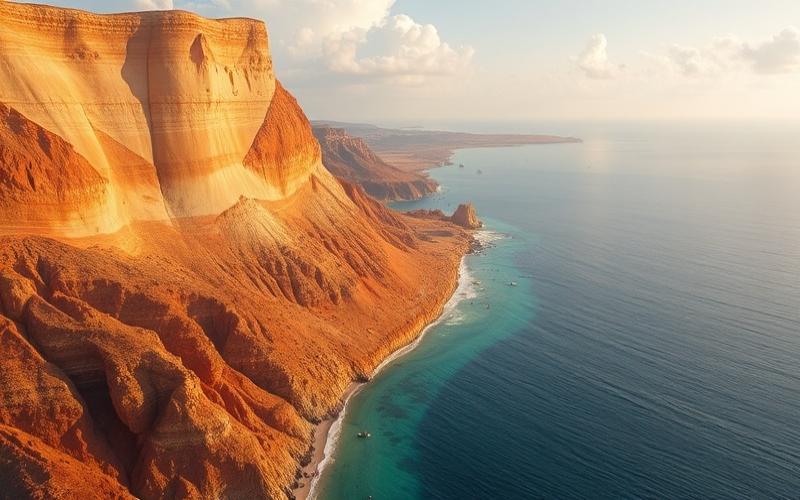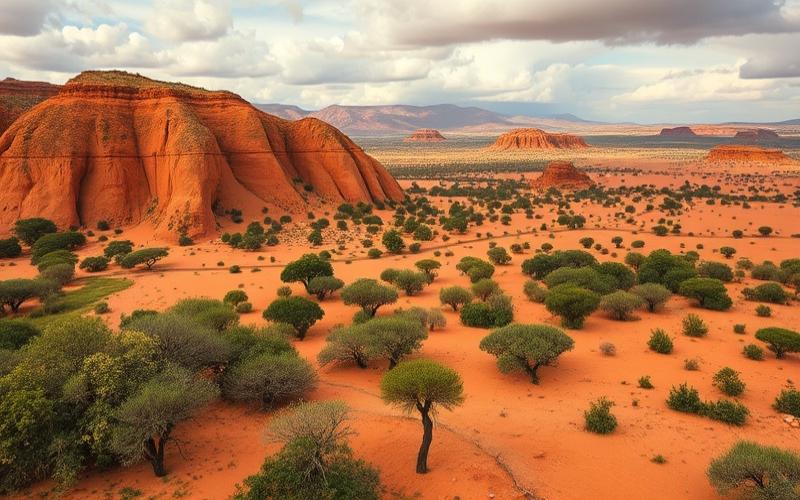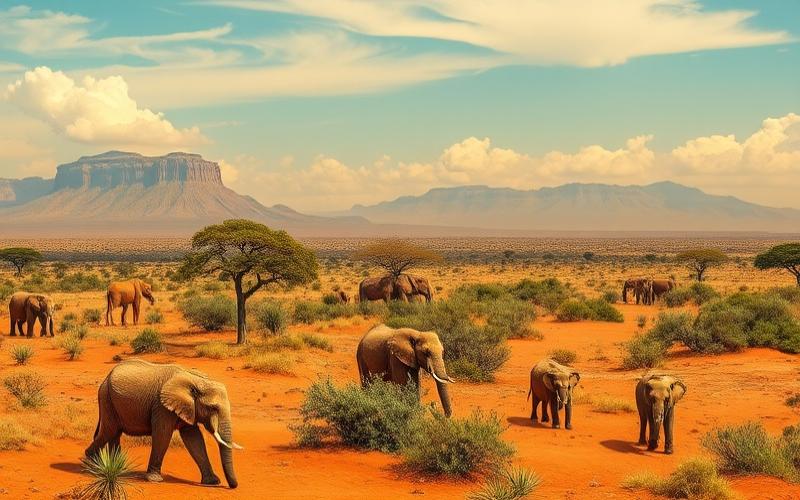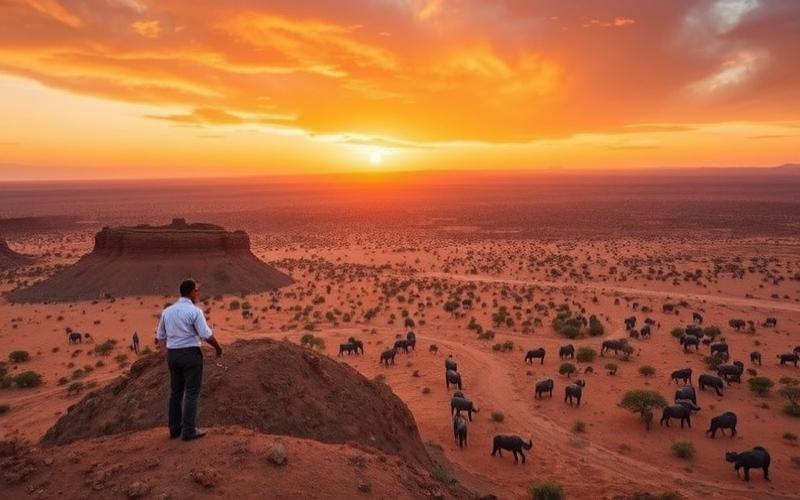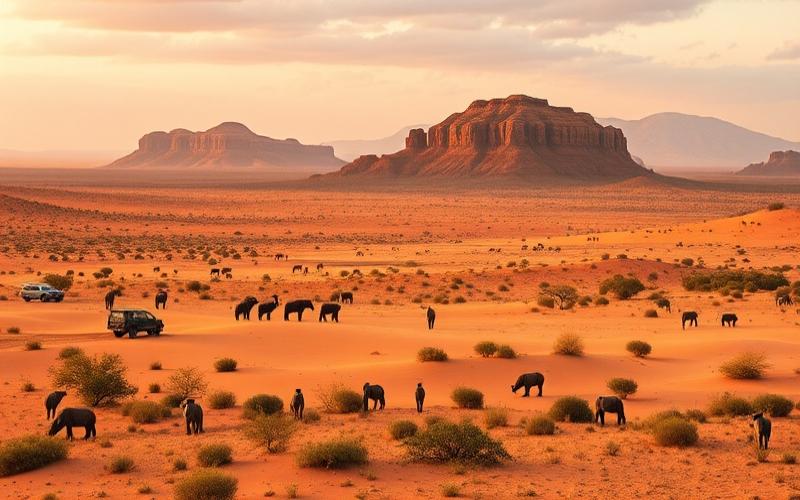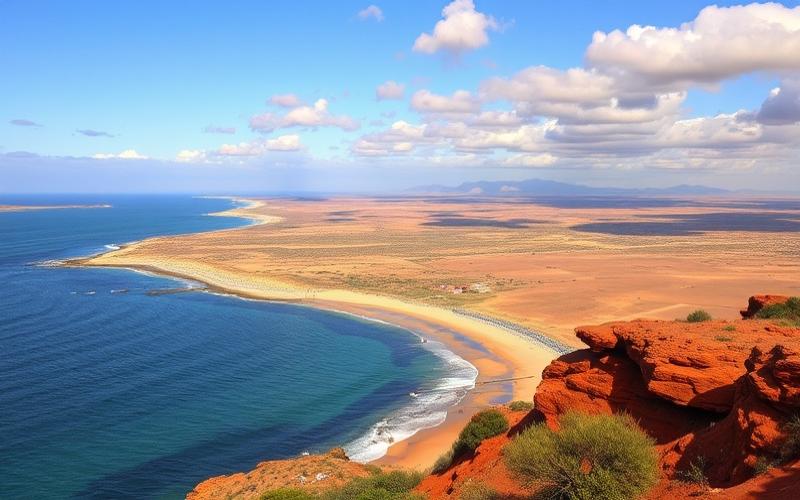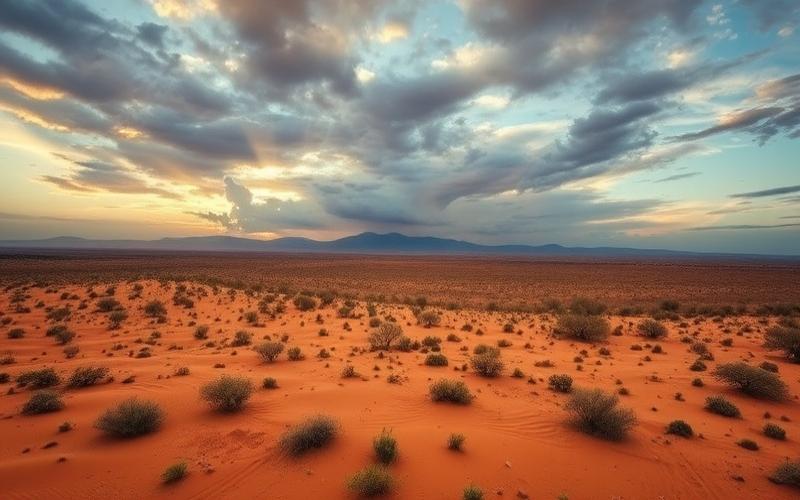
 Published on and written by Cyril Jarnias
Published on and written by Cyril Jarnias
South Africa, a country of breathtaking landscapes and rich history, stands out for its vibrant cultural life marked by a mosaic of unique traditions and festivals.
From the colorful festivities of Zulu dance to the captivating sounds of the Cape Town International Jazz Festival, South Africa is a true crossroads of cultural diversity.
Each of its nine provinces hosts events celebrating the heritage of its indigenous peoples as well as influences from cultures abroad, offering a stunning spectacle where music, art, tradition, and modernity blend together.
By exploring this fascinating world, visitors discover not only lively rhythms and local flavors but also the warm and resilient spirit of a people drawing strength from a never-forgotten tradition and a future resolutely focused on innovation.
Must-See Cultural Festivals in South Africa
Must-See Cultural Festivals in South Africa
| Festival | Date | Location | Origin & Features |
|---|---|---|---|
| National Arts Festival | Late June-early July | Grahamstown (Makhanda) | Established in 1974, it’s the country’s largest arts festival, bringing together theater, dance, music, and visual arts. A platform for creativity, it propels emerging artists and confirms South African excellence on the international stage. Its impact is major in arts development and the promotion of local cultural diversity. |
| Cape Town International Jazz Festival | Last weekend of March | Cape Town International Convention Centre (CTICC), Cape Town | Nicknamed Africa’s Grandest Gathering, this festival welcomes over 30,000 people annually with an eclectic lineup blending local and international talent. Considered one of the world’s premier jazz festivals, it also offers workshops and masterclasses to enrich the musical experience. It attracts a cosmopolitan audience and highlights jazz’s central role in South African urban identity. |
| Hermanus Whale Festival | Late September | Hermanus | This event celebrates the migratory season of southern right whales with marine shows, concerts, educational booths on marine preservation, and family activities. It raises environmental awareness while boosting local tourism during this unique period when whales can be observed from the coast. |
| Durban July | First Saturday of July | Greyville Racecourse (Durban) | The largest horse racing event on the African continent, blending prestigious racing (handicap) and high-society festivities: extravagant fashion shows, VIP parties, and a glamorous atmosphere where local/international celebrities mingle. This festival embodies a festive side of Durban while contributing to its international appeal. |
| Klein Karoo Nasionale Kunstefees (KKNK) | Early April | Oudtshoorn | Founded in 1995 to promote Afrikaans arts: contemporary theater, traditional/innovative music, and visual arts are showcased in the heart of the western Karoo desert. KKNK plays a crucial role in preserving Afrikaans language/culture while fostering intercultural dialogue through creations open to international audiences. |
Diversity & Cultural Richness Reflected in These Festivals:
- Each event is built on a unique history tied to its territory.
- Active promotion of South Africa’s official languages through multilingual performances.
- Promotion of a strong local identity open to external influences through international programming.
- Educational initiatives around contemporary social/environmental issues.
These festivals not only strengthen South African cultural identity but also serve as an essential tourism driver, attracting visitors each year to discover local artistic creativity and African hospitality.
Good to Know:
The National Arts Festival, held annually in June/July in Makhanda, is Africa’s largest arts festival, offering eclectic performances that highlight local and international artistic scenes. The Hermanus Whale Festival, unique for its marine environmental awareness activities, coincides with the September whale season, while the Cape Town International Jazz Festival, nicknamed “Africa’s Grandest Gathering,” attracts global talent and strengthens the continent’s jazz scene.
Immersion in South African Local Traditions
South African traditions and rituals play a fundamental role in the social cohesion of communities, forming the foundation of shared values and collective identity. They foster unity, knowledge transmission, and intergenerational respect.
Main Roles of Traditions in South African Society:
- Strengthen social cohesion through collective rituals.
- Mark important life stages (birth, coming of age, marriage, funerals).
- Transmit values, beliefs, and ancestral knowledge.
- Affirm a cultural identity specific to each community while contributing to an inclusive national identity.
Iconic Examples of South African Traditions:
| Tradition / Ritual | Main Community | Description | Social and Identity Role |
|---|---|---|---|
| Ancestral Ceremonies | Zulu | Rituals to honor ancestors, including songs, dances, and offerings. | Strengthening family and community bonds, moral guidance |
| MaXhosa | Xhosa | Coming-of-age rite (circumcision, spiritual retreat, and traditional teaching) | Transmission of values, transition from childhood to responsibility |
| Griots and Storytellers | Multi-ethnic | Masters of oral tradition, transmitting stories, legends, genealogies through narratives and songs | Preservation of collective memory, youth education |
Transmission and Respect for Traditions:
- Transmission occurs primarily through oral tradition: elders, griots, or storytellers play a central role in perpetuating knowledge.
- Ceremonies, celebrations, and rituals provide opportunities for the youth to learn and actively participate.
- Respect for elders and ancestors is a cornerstone, with each generation responsible for preserving and adapting customs.
Impact on Cultural Identity and Festivals:
These traditions shape South African identity, which combines ethnic diversity and common pride.
They are the source of many local festivals and events, where dances, music, traditional costumes, and cuisine blend together.
Festivals, such as the Zulu reed dance or Xhosa celebrations, attract visitors from around the world each year, eager for an authentic and immersive experience.
Testimonials and Anecdotes:
“Participating in a Zulu ancestral ceremony means feeling the strength of the collective. I was struck by the fervor of the songs and the warmth of the welcome. You feel integrated, even as a visitor, into a history that transcends you.”
— Anaïs, French traveler
“During the MaXhosa initiation, I discovered how respect for traditions structures society. The initiated youth return changed, invested with a sense of responsibility toward their community.”
— Thabo, Eastern Cape resident
Influence on Cultural Attractiveness:
Visitors often leave marked by the richness and depth of these traditions, offering a rare and authentic immersion.
Festivals are living showcases of South African culture, contributing to transmission, promotion, and the local economy.
Experiencing a South African tradition means entering a circle where past, present, and future converse, where every gesture, word, and song tells a collective story.
Good to Know:
Zulu ancestral ceremonies and the practice of MaXhosa illustrate the importance of South African traditions in social cohesion, and their influence is reflected in local festivals that attract visitors worldwide. Griots’ narratives offer a unique immersion, unveiling stories passed down through generations, thus cementing the country’s cultural identity.
Unique Experience: Living South African Culture Through Its Events
Cultural events in South Africa are powerful vehicles for immersion, allowing visitors to discover the richness and diversity of the Rainbow Nation. They offer an authentic experience where music, dance, visual arts, and cuisine combine to reveal the country’s plural soul.
National Arts Festival in Grahamstown (Makhanda)
This festival is one of the largest artistic gatherings on the African continent. Each year in June/July, it transforms Makhanda into a massive open-air theater for 11 days.
- Contemporary and traditional theater
- Concerts of local and international music
- Visual arts exhibitions
- Dance performances inspired by various South African ethnic groups
“I felt transported to another cultural dimension: every street vibrates to the rhythm of drums and voices.”
This festival perfectly symbolizes the meeting of ancestral cultures and contemporary creations. It fosters the emergence of new talents while strengthening community bonds through collective celebration.
Cape Town Carnival
The Carnival colors Cape Town’s streets each year with spectacular parades celebrating all facets of South African multiculturalism.
- Flaming costumes representing various communities
- Live music blending African rhythms, local jazz, Malay or European influences
- Dancers from townships as well as upscale neighborhoods
“It’s a sensory fireworks display! I tasted so many different cuisines at the stalls – Indian samoosas, Malay bobotie… You really feel the whole city beating as one heart.”
The carnival thus offers visitors a joyful immersion into the extraordinary local ethnic diversity.
Durban July
More than a prestigious horse race, the Durban July is a high-society event where African haute couture fashion meets South African house music (gqom), reinvented Zulu cuisine, and extravagant parades.
- Fashion contests showcasing local designers
- Musical performances fusing Zulu traditions with contemporary urban sounds
- Creative gastronomy highlighting regional products
“Participating in the Durban July allowed me not only to admire the country’s mixed beauty but also its incredible culinary creativity.”
| Event | Main Features | Diversity Highlighted |
|---|---|---|
| National Arts Festival | Theater – Music – Dance – Visual Arts | Meeting of urban/rural artists |
| Cape Town Carnival | Costumed parades – Multiple music styles – Varied cuisine | Malay/Zulu/Coloured communities |
| Durban July | Horse racing – Contemporary African fashion – Innovative local cuisine | Zulu/Indian/Afrikaner/others |
These festivals illustrate how living traditions and cultural innovations coexist harmoniously. They reflect not only the complex heritage forged by various migrations but also the common will to build a shared identity.
Active participation in the festivities — tasting a typically spicy Xhosa dish at a pop-up market; dancing to mbaqanga music played in the street; admiring a dazzling costume inspired by multiple cultures — allows visitors and South Africans alike to concretely experience this diversity, forging a deep, respectful, and awe-inspired perception of South African culture.
Good to Know:
Attending the National Arts Festival in Grahamstown or the Cape Town Carnival immerses you in the heart of South African traditions through music, dance, and cuisine, offering an unparalleled perspective on the country’s cultural and ethnic diversity. Experience the excitement of the Durban July for a complete immersion where every detail, from visual arts to local flavors, tells a unique story of South Africa.
Disclaimer: The information provided on this website is for informational purposes only and does not constitute financial, legal, or professional advice. We encourage you to consult qualified experts before making any investment, real estate, or expatriation decisions. Although we strive to maintain up-to-date and accurate information, we do not guarantee the completeness, accuracy, or timeliness of the proposed content. As investment and expatriation involve risks, we disclaim any liability for potential losses or damages arising from the use of this site. Your use of this site confirms your acceptance of these terms and your understanding of the associated risks.

